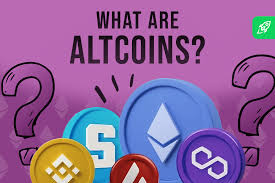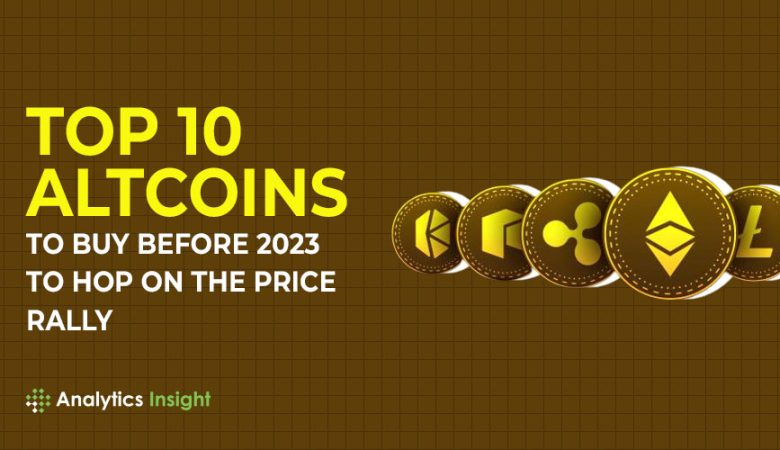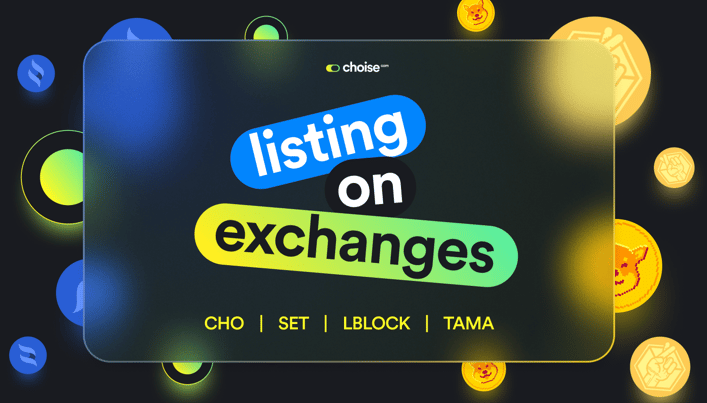In the cryptocurrency community, “altcoins” refers to any cryptocurrency other than Bitcoin (BTC). The term “altcoin” combines the words “alternative” and “coin” and indicates that these cryptocurrencies are alternatives to Bitcoin, which was the first and is still the most widely used and valuable cryptocurrency.
Here are some crucial specifics regarding alternative currencies:
Diversity: There are thousands of different cryptocurrencies, each with its own set of functions, uses, and underlying technologies. Some of the early bitcoin alternatives (also known as altcoins) were created to address perceived technological constraints with bitcoin or to serve other purposes.
Different Use Cases: Alternative currencies, or altcoins, have many other applications outside serving as a form of digital money. Some, like the smart contracts on Ethereum, the privacy on Monero, the decentralized financial tokens on Aave and Compound, and the enterprise blockchain solutions on Ripple’s XRP, are designed for specific applications.
Market Capitalization: The value of all cryptocurrencies combined is substantial on the cryptocurrency market. When compared to Bitcoin, the value of all altcoins might change drastically, with some gaining a significant amount of market share.
The price volatility of both Bitcoin and other cryptocurrencies is well known. They are prone to sudden price changes, and a variety of factors, such as the state of the market, adoption, and technological improvements, could affect their worth.
Trading and Investment: A great number of investors and traders are drawn to the altcoin market, and there are several cryptocurrency exchanges where altcoins are regularly traded. Others are more interested in cryptocurrencies with the potential for long-term growth, while some traders are more interested in short-term price changes.
Risks: There are dangers associated with investing in alternative currencies, including the potential for substantial profits and losses. Due diligence and research are essential when considering investing in altcoins because a variety of factors, like as political changes, market sentiment, and technology improvements, can impact their value.
Diversification: Some investors choose to diversify their cryptocurrency holdings by holding a combination of Bitcoin and alternative cryptocurrencies. Diversification can reduce risk by spreading it out and may provide you access to different bitcoin market segments.

What are the top 5 alternative currencies?
The top 5 altcoins, as measured by market capitalization, as of my most recent information update in September 2021 were:
By market capitalization, Ethereum (ETH) is the second-largest cryptocurrency and a pioneer in the field of smart contracts. Its various applications include non-fungible tokens (NFTs), decentralized apps (DApps), and decentralized infrastructure (DeFi).
Binance Coin (BNB) is the native cryptocurrency of the Binance exchange and the Binance Smart Chain (BSC). It is used to lower trade costs, sell tokens, and implement other DeFi applications.
Scalability, sustainability, and interoperability are prioritized by the blockchain technology platform Cardano (ADA). It seeks to provide a secure and scalable platform to allow the development of DApps and smart contracts.
Solana (SOL) is a high-performance blockchain designed for decentralized apps and cryptocurrencies. Due to its well-known rapid transaction times and reasonable costs, it draws DeFi and NFT initiatives.
XRP (XRP): Ripple, a blockchain business that focuses on global payments and transfers, uses XRP as its native money. XRP is a currency that supports swift and affordable international financial transactions within the Ripple network.
Please keep in mind that the cryptocurrency market is incredibly unstable and prone to rapid adjustments. Market capitalizations and cryptocurrency rankings are constantly changing. Verify the most recent information and conduct research before making any financial decisions. In addition, new altcoins may have gained popularity since my previous post,
conclusion:
In conclusion, the varied group of altcoins consists of cryptocurrencies other than Bitcoin (BTC). Decentralized finance (DeFi), smart contracts, enterprise blockchain solutions, and privacy are just a few of the uses for them. Alternative coins, which provide consumers and investors a variety of options and advances, dominate the market for cryptocurrencies.
You must be cautious and conduct your research before making an investment or using an alternative currency.
Diversity: Altcoins provide Bitcoin alternatives with a range of features and application scenarios, diversifying the cryptocurrency ecosystem.
Use Cases: Each alternative cryptocurrency may have a specific use case or technological focus, such as Ethereum’s smart contracts or Monero’s privacy features.
Volatility: Altcoins, like Bitcoin, can vary a lot. Depending on a variety of variables, their pricing may swiftly change.
Trading and Investing: In quest of profitable opportunities, many traders and investors regularly participate in the altcoin market. Risk management and diligence are crucial.
Market Dynamics: Because the rankings and market capitalizations of altcoins can change quickly, it’s important to stay current on market trends and changes.
Diversification: Some cryptocurrency investors diversify their portfolios by holding a combination of Bitcoin and altcoins to spread risk across multiple assets.
Remember that the cryptocurrency sector has inherent risks, and that factors like the state of the market, acceptability, and technological advancements can have an impact on pricing. Make sure your decisions are well-informed, take your risk tolerance into account, and, if required, seek the advice of a specialist when dealing with altcoins or any other cryptocurrency investments.





